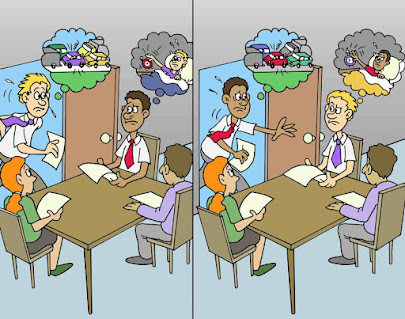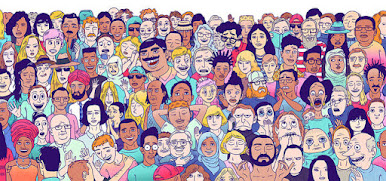
Cross-Cultural Students in the Classroom -Week 7-5/30/22 Cross-culture is probably one of the only sure things that will happen in an American classroom. As I have taught for the last 5 years, the diversity of the classroom has amplified. I enjoy watching a multitude of cultures spread across the room which helps us learn more about the world and about ourselves. In our public school systems, we try very hard as teachers and staff to be considerate of other cultures and beliefs. Many times we think we are doing a great job, but then are surprised that some things we thought were concerns were actually cross-culture attributes that we had not recognized. Some forms of what we thought was bad behavior, lack of interest, or shyness, were actually cross-culture behavior and we were labeling our students. I live in the Western part of the United States and we are usually not very dynamic people. We speak in fairly calm voices and tons and don't get excited in our speaking as muc...






